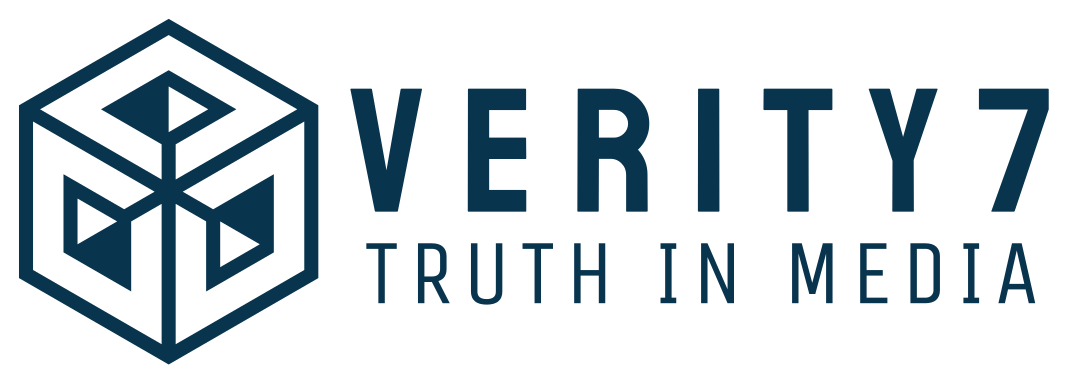Answers to Most Frequently Asked Questions
Stay Informed
Stay Informed
Verity7 is a consulting company focused on promoting truth in media.
We provide anti-disinformation training for a variety of different organizations.
“No provider or user of an interactive computer service shall be treated as the publisher or speaker of any information provided by another information content provider.” (47 U.S.C. § 230(c)(1)).
According to the Electronic Frontier Foundation, “Section 230 embodies that principle that we should all be responsible for our own actions and statements online, but generally not those of others. The law prevents most civil suits against users or services that are based on what others say.”
In lieu of any detailed examination, this argument makes sense. Except that now it is outdated, and no longer helpful to the body politic.
What’s changed is that platforms like X and Meta are in every way publishers and ought to be held responsible for what they amplify and monetize. That they are merely bystanders providing a neutral forum is a clever ruse to avoid the liabilities that all publishers are subject to. And the result is a firehose of hate speech in your world, generating a firehose of cash in their bank accounts.
Section 230 permits platforms like YouTube to allow users to post violent videos that are designed to radicalize certain types of viewers with an intent to cause harm in general. Under Section 230, YouTube can promote and monetize these videos but has no liability for any harm that comes from the publication and promotion of those videos.
In 2015 Isis attacked a nightclub in Paris, murdering dozens of innocents in cold blood. One of the victims was the daughter of Mr. Gonzalez. Mr. Gonzalez sued YouTube, claiming that they were a proximate cause and were liable in the wrongful death of his daughter—because they helped radicalize the person who committed the crime.
The US Supreme Court ruled in favor of YouTube (Google) citing Section 230 as their protection.
Lack of amplification is not censorship. Lack of amplification simply means that you, a free citizen, have not been permitted to see your content published (for free) to the entire world by a social media platform. It is the direct equivalent of your book not getting published; or your letter to the editor not being printed. This is not censorship. It is simply that you have not been granted access to global amplification engines. You can still stand on the corner with a megaphone and tell everyone you know about your content. In so doing, you would prove that you are not, in fact, censored.
AstroTurf itself is a type of fake grass that was created for the playing field inside of a domed baseball stadium. It looks like grass but it’s made of plastic.
The cost of disinformation to organizations can be significant and include:
1. Reputation Damage: Loss of trust and credibility among stakeholders, customers, and the public.
2. Financial Losses: Due to reduced sales, declining stock prices, or increased advertising and PR efforts.
3. Legal Expenses: Defending against false claims, lawsuits, or regulatory fines resulting from misinformation.
4. Cybersecurity Costs: Protecting against cyberattacks and breaches fueled by disinformation campaigns.
5. Employee Productivity: Time spent addressing disinfromation internally instead of focusing on core tasks.
6. Crisis Management: Resources spent managing the fallout and mitigating damage caused by disinformation.
7. Increased Advertising Costs: Need for additional ad spend to counteract negative narratives or misinformation.
8. Lost Opportunities: Missed partnerships, collaborations, or business ventures due to damaged reputation.
9. Policy and Compliance Costs: Adapting to new regulations or industry standards aimed at curbing disinformation.
10. Customer Acquisition Costs: Increased efforts needed to win back trust or acquire new customers.
11. Monitoring and Analysis Tools: Investment in tools and services to track and combat disinformation.
12. Staff Training and Education: Investment in anti-disinformation training programs for employees.
13. Loss of Market Share: Competitors may gain market share if the organization’s reputation is tarnished.
14. Long-term Repercussions: Effects on brand perception and trust, which may persist even after the incident.
15. Stakeholder Relationships: Damage to relationships with investors, partners, and stakeholders due to mistrust.
